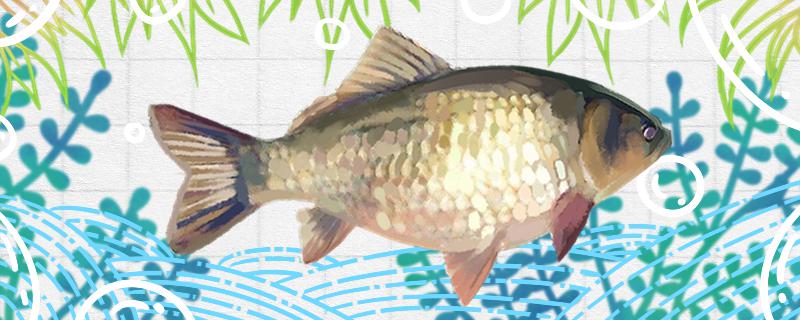
catch crucian carp in reservoirs? Crucian carp, a common fish, lives in many reservoirs in our country and can be used as a fishing object. Before fishing crucian carp, it is best to make the nest in advance, according to the following steps:
1, nest material: before making the nest, first of all, the nest material should be prepared. The taste of the nest material should be determined according to the taste of the crucian carp. Crucian carp is more interested in the flavor of wine, so wine rice is very suitable as a nest material. In addition to rice wine, corn kernels and other grains can also be soaked in koji wine as bait.
2. Location: Attention should also be paid to the location of the nest. In the reservoir, the location of the back bay is more suitable for nesting. Or look for food and oxygen rich, that is, the place where crucian carp often gather to nest, it is also possible.
3. Throwing: After determining the location of the nest, it is necessary to scatter the nest material into the nest. The way of throwing can be determined according to the distance of the nest. If the location is not very far away, it is more convenient to throw it by hand. However, if the nest is far away, it is better to use special tools, such as a nest pole.
4. Replenishment: After the nest material is thrown into the nest, it does not mean that there is no need to replenish it. Because the nest material will continue to disperse and consume in the water, the effect of attraction will be weakened, in this case, it is necessary to supplement some appropriately, otherwise it will also affect the effect.
above, in the reservoir fishing crucian carp, need to nest. In addition to the above steps, there are some things to pay attention to. For example, the specific time of nesting is one of the important issues that need attention. Under different water temperature conditions, the nest material disperses fast or slow, and it is more appropriate to decide the nesting time according to the season and water temperature. For example, in the spring or fall, one or two hours in advance; in the summer, one hour or so in advance. In winter, the situation is different. It is suggested that it is possible to sleep overnight two or three hours in advance.